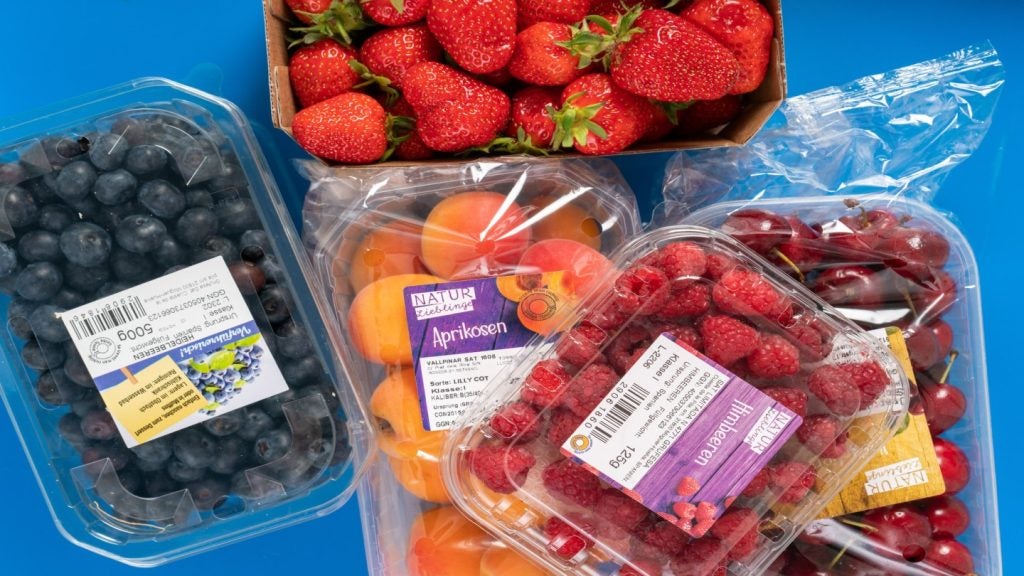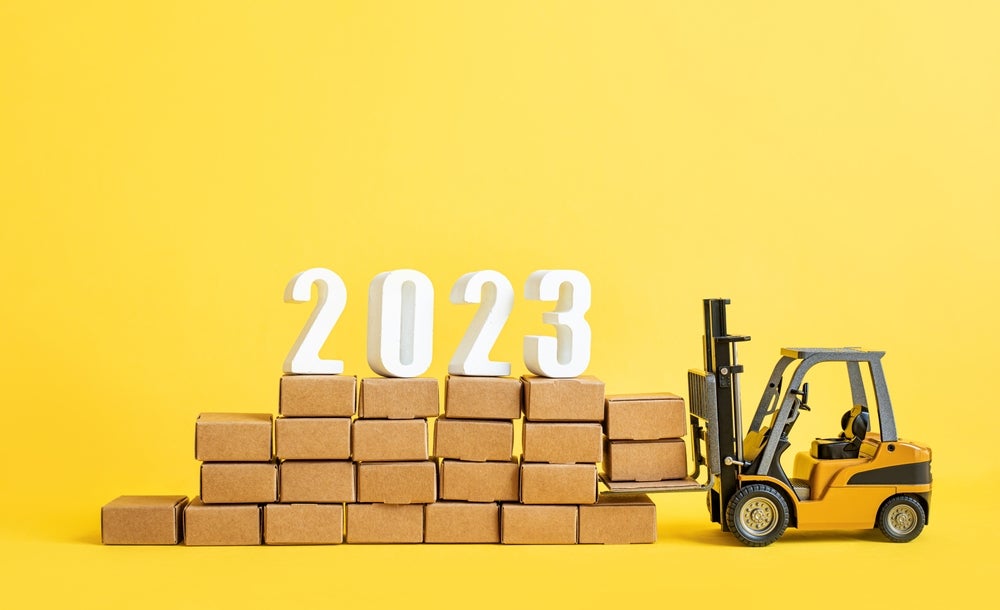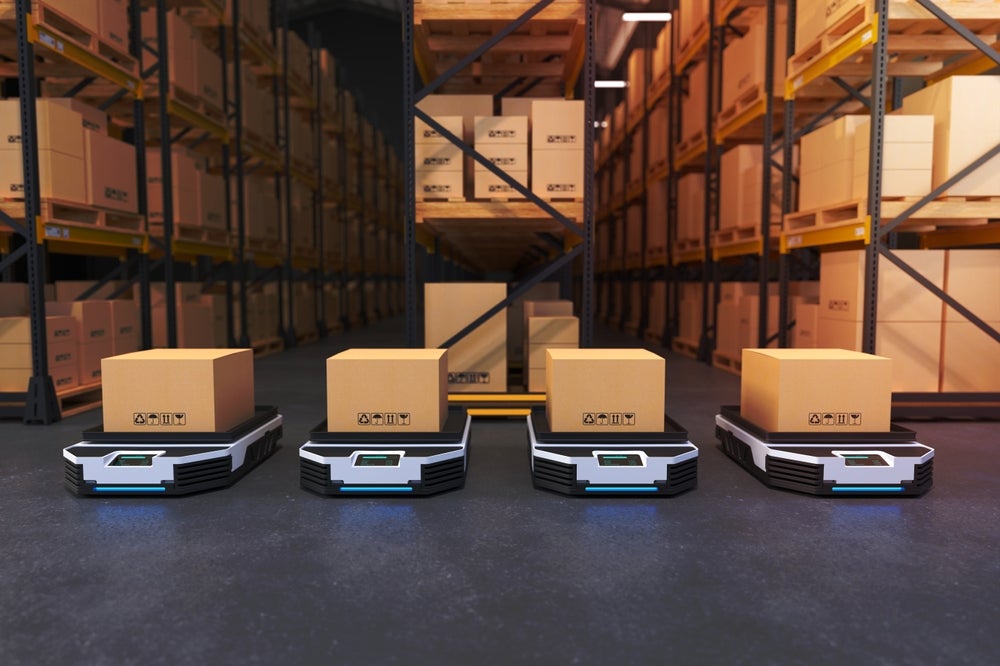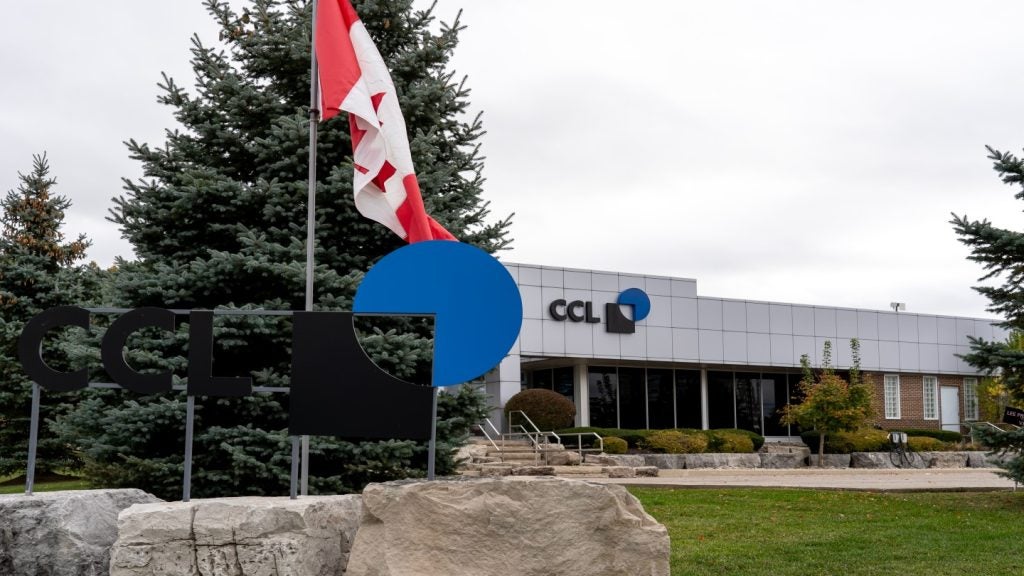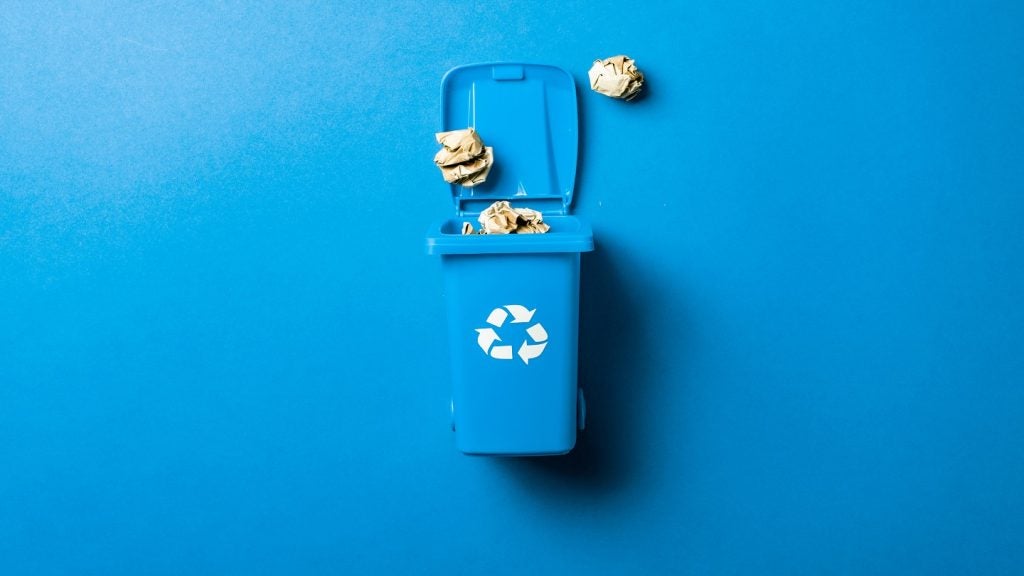The University of Reading in England, UK, has found that consumers across Europe face ‘persistent confusion’ around recycling their food packaging, which hinders overall recycling efforts.
This was found in a new survey of 2,000 European consumers carried out as part of the InformPack project.
The project is a collaborative effort involving the University of Reading along with other European industry partners and research institutes, including Aarhus University in Denmark.
It is one of the public engagement projects being funded by the EU’s European Institute of Innovation and Technology Food initiative and is running between 2022 and 2024.
The project aims to explore cross-cultural variations among consumers, specifically in terms of awareness, information gaps, problems, and attitudes towards food packaging.
The survey found that consumers and shoppers in Europe ranked excess packaging as their top concern, which also influences their purchase choices, especially in terms of fresh fruits and vegetables.
The majority of shoppers said that they mainly look for zero or the least amount of packaging.
Another key finding was that consumers face problems in understanding the recycling symbols on packs, which can help correctly segregate material.
As per the survey's results, people seek simpler communication, for instance, videos and infographics, to boost their understanding of recycling.
Compared to previous years’ surveys, which highlighted the struggles of at-home recycling, the 2023 report showcased that on-the-go recycling is equally challenging for consumers, as public recycling bins remain scarce.
It also claimed that people across Germany and Denmark have criticised the use of excessive packaging for fresh goods and baked items.
However, in France and Finland, consumers mainly care about fruit and vegetable packaging waste while Italy’s residents believe sustainable packaging cost burdens are a barrier.
InformPack project lead researcher Dr Stella Lignou said: “Consumers worldwide are seeking to make more sustainable choices, but they still encounter everyday barriers with recycling and decoding packaging labels.
“We must advance public guidance through preferred formats, such as videos, to achieve real behavioural shifts.”


